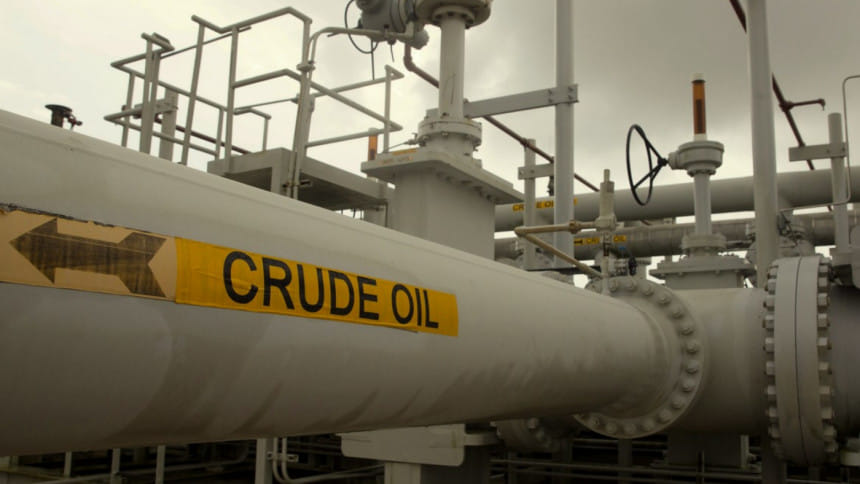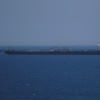Oil tops $70 as Iran, Trump trade threats

Oil prices rose over 1% on Monday, pushing Brent above $70 a barrel, as rhetoric from the United States, Iran and Iraq fanned tensions in the Middle East after a US air strike which killed a top Iranian military commander.
Brent crude futures LCOc1 soared to a high of $70.74 a barrel and was at $69.55 at 1150 GMT, up 95 cents, or 1.38%, from Friday’s settlement.
US West Texas Intermediate CLc1 crude was at $63.77 a barrel, up 72 cents, or 1.14%, after touching $64.72, the highest since April.
The gains extended Friday’s more than 3% surge after a US air strike in Iraq killed Iranian military commander Qassem Soleimani on Friday, heightening concerns about an escalation in conflict in the Middle East and the possible impact on oil supplies.
The region accounts for nearly half of the world’s oil production, while a fifth of the world’s oil shipments pass through the Strait of Hormuz.
On Sunday US President Donald Trump threatened to impose sanctions on Iraq, the second largest producer among the Organization of the Petroleum Exporting Countries (OPEC), if U.S. troops were forced to withdraw from the country.
Baghdad earlier called on US and other foreign troops to leave Iraq.
Trump also said that the United States would retaliate against Iran if Tehran were to strike back after the killing.
“The situation brings lots of uncertainty and geopolitical tea-leaf reading on reactions. While the closure of the Strait of Hormuz remains a very unlikely event, the deterioration in Iraq bears supply risks,” said Norbert Rucker, head of economics at Swiss bank Julius Baer.
“Geopolitics tend to be a temporary force on oil markets and we believe this time is no different. We raise our near-term forecast to $65 per barrel, and maintain a neutral view”.
The Economist Intelligence Unit raised its first quarter projection for Brent by $5 to $70 a barrel, assessing that Iran would likely seek to avoid an open conflict.
“We maintain our forecast that the two countries are likely to avoid outright war. Iran is not in a position financially, after more than a year of crippling US sanctions, to finance a lopsided war with the US,” EIU global economist Cailin Birch wrote in a note.
In the United States, crude stocks fell by their most since June as exports exceeded 4 million barrels per day for the first time in history, the Energy Information Administration said on Friday.
Elsewhere, bad weather shut all four oil export terminals in eastern Libya on Sunday and the closure could last three days, port sources said.

 For all latest news, follow The Daily Star's Google News channel.
For all latest news, follow The Daily Star's Google News channel. 








Comments